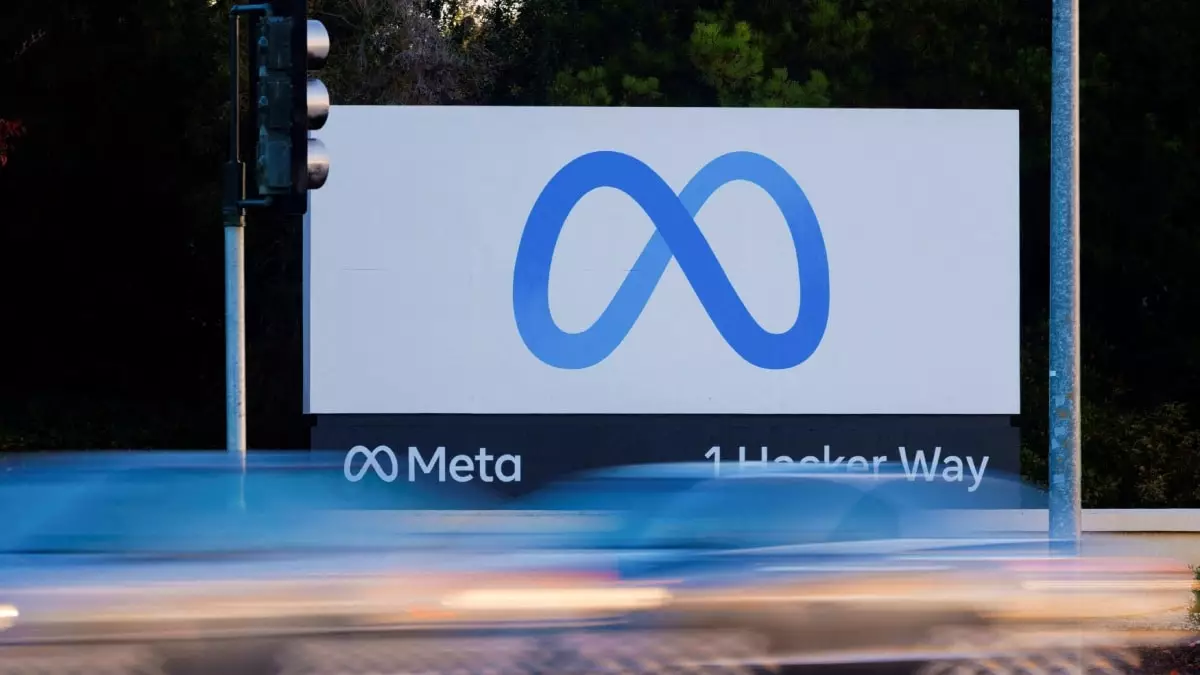Recently, Meta revealed the discovery of “likely AI-generated” content being used deceptively on its Facebook and Instagram platforms. This content included comments praising Israel’s handling of the war in Gaza, strategically placed below posts from global news organizations and US lawmakers. The accounts responsible for this misleading content posed as various individuals, such as Jewish students, African Americans, and concerned citizens, with the primary target audience being in the United States and Canada. The campaign has been attributed to a Tel Aviv-based political marketing firm called STOIC, although STOIC has yet to respond to these allegations.
This revelation marks the first instance where Meta has encountered text-based generative AI technology being used in this manner, dating back to late 2022. Researchers have expressed concerns about the potential ramifications of generative AI technology, as it has the capability to produce human-like text, imagery, and audio at a rapid pace and low cost. There are fears that this technology could significantly enhance the effectiveness of disinformation campaigns and even influence election outcomes. While Meta claims to have removed the Israeli campaign promptly, they do not believe that these novel AI technologies have hindered their ability to disrupt similar influence networks that coordinate messages.
Meta’s quarterly security report shed light on six covert influence operations that were thwarted in the first quarter, with the STOIC network being just one of them. Additionally, Meta dismantled an Iran-based network centered around the Israel-Hamas conflict, although generative AI was not detected in that particular campaign. Various tech giants, including Meta, have been grappling with the challenge of addressing the potential misuse of AI technologies, particularly in the context of elections. Companies like OpenAI and Microsoft have been linked to the creation of image generators capable of producing photos containing voting-related disinformation, despite having policies against such content.
In response to these emerging threats, companies have advocated for the use of digital labeling systems to identify AI-generated content at the time of its creation. However, these tools are not foolproof, as they do not currently work effectively on text, leaving room for deceptive AI-generated messages to circulate undetected. As the European Union gears up for elections in early June and the United States prepares for its own elections in November, Meta is poised to face critical tests of its defense mechanisms against the proliferation of AI-generated disinformation on its platforms.
Overall, the rise of AI-generated content poses a significant challenge for social media platforms like Meta, necessitating a proactive approach to combatting deceptive practices and safeguarding the integrity of online discourse. As technology continues to evolve, it is crucial for companies to stay vigilant and adapt their security measures to counter the evolving threats posed by AI-driven manipulation.


Leave a Reply